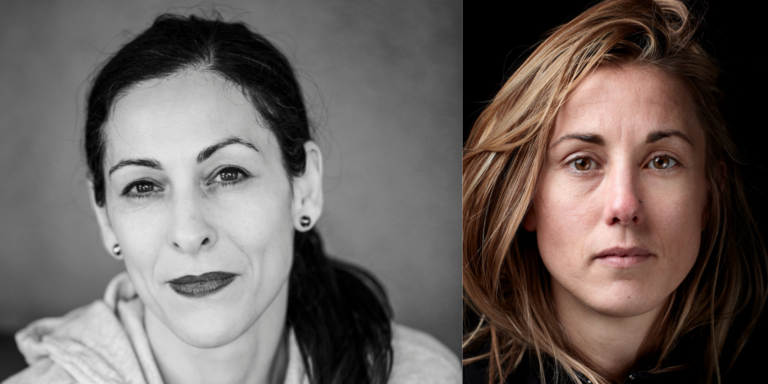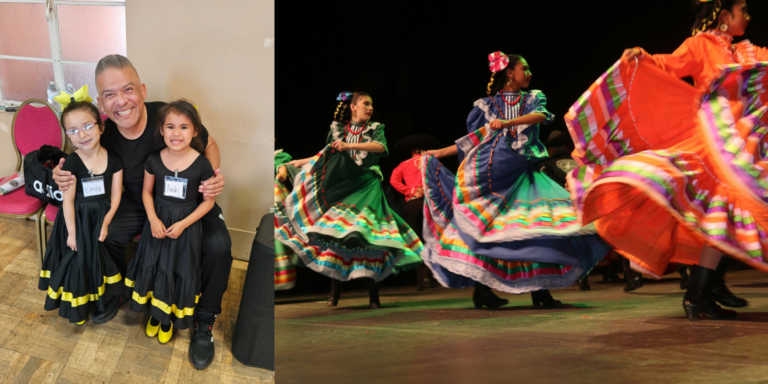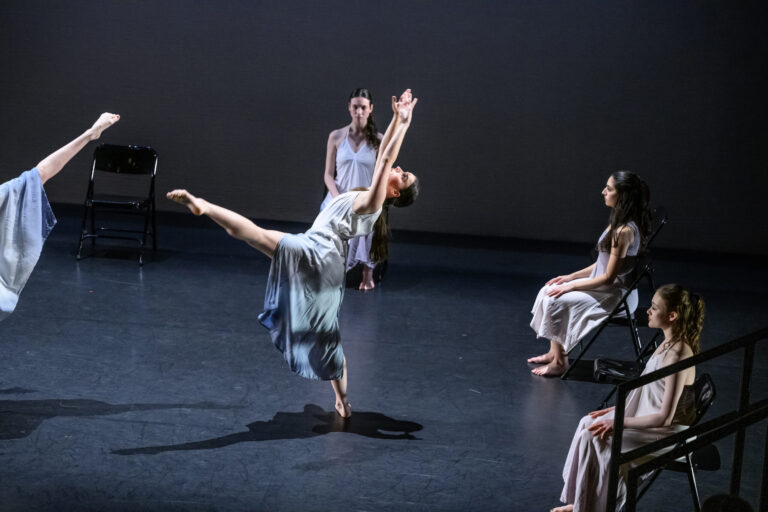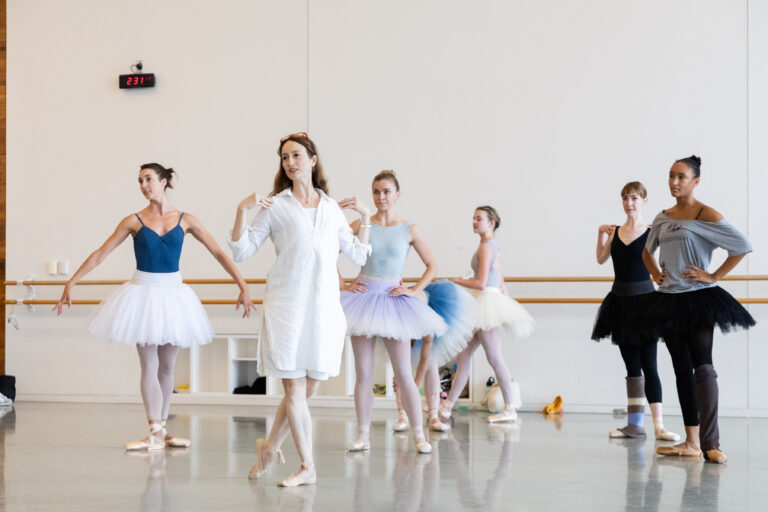
Whether it’s recital time or competition season, students do not look at the world through the eyes of children. They look at the world through the eyes of performers, picturing themselves onstage with energy and abandon, just as skilled and confident as their supportive parents had hoped and known they could be. That’s the best case scenario, anyway.
However, there are always the exceptions.
I recently met another sort of parent altogether. She was not as boisterous as a reality-TV “Dance Mom,” but she was as blatant.
I was in the middle of a rehearsal when a woman opened the door a crack to ask if she and her daughter, maybe 6 years old, could watch. She said they were from Beijing. Together they were smaller than I am—both possessing such delicate carriage.
We talked about classes for her daughter. Then, in front of her perfect in-every-visible-way child she said, “I don’t think my daughter has pretty hands and feet. I don’t think she is pretty enough to be a dancer.”
I decided not to pay any mind to what she said, not to call more attention to her ridiculous remarks. I knelt down, looked directly into her daughter’s tiny brown eyes and said, “You have the loveliest hands and feet I have ever seen. You will be a wonderful, smart, beautiful dancer.”
After a brief moment, the mother shook her head “no.”
I challenged her. I nodded a hard, “yes!”
By the hand, she then led her daughter out of my studio.
Why on earth had they come?
Maybe I had gone too far, over the top with my American-style positive thinking. Still, I think setting young girls up for failure is the same in any culture.
I did a little research. Apparently, there is an old Chinese custom that teaches girls to reject all compliments, but to heck with that.
If the girl could just believe what I said was true, and in so doing believe in herself a little more, my work was done.
It is always my hope that my voice, not the voice of criticism, will be the voice students will hear whenever they enter a studio. The positive charge that comes from a connection with another dancer. I’d like to think a positive voice will be the spark this little girl from China will hear whenever she hears something else that makes her feel unworthy, or whenever she is afraid to go after what she wants. I want to make sure, from where she stands at the barre, or in the world, that what she will be able to see is self-confidence taking shape.
At least I wanted to try.
Mostly, I wanted her to know that dance was never meant to be a competition, no matter how many television shows enforce the damaging idea over and over that there always needs to be a winner and loser.
Because I have tried to live my life authentically even in the face of a culture that values football over dance, sports over art, with a very limited idea of what “winning” really means.
This was the voice that rose to the surface, the one that wants to express to every young person that “winning” is a private dance with only two steps: First, choose what makes you happy. And second, go after it! No matter what anyone says. Especially about your body.



